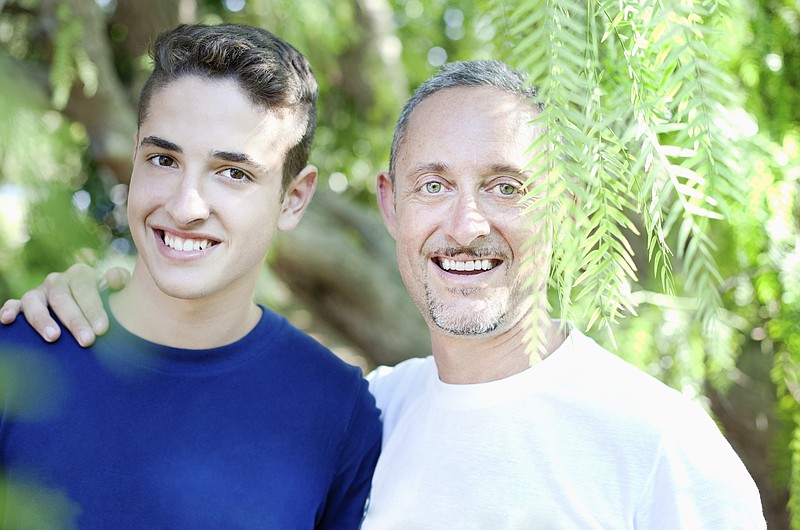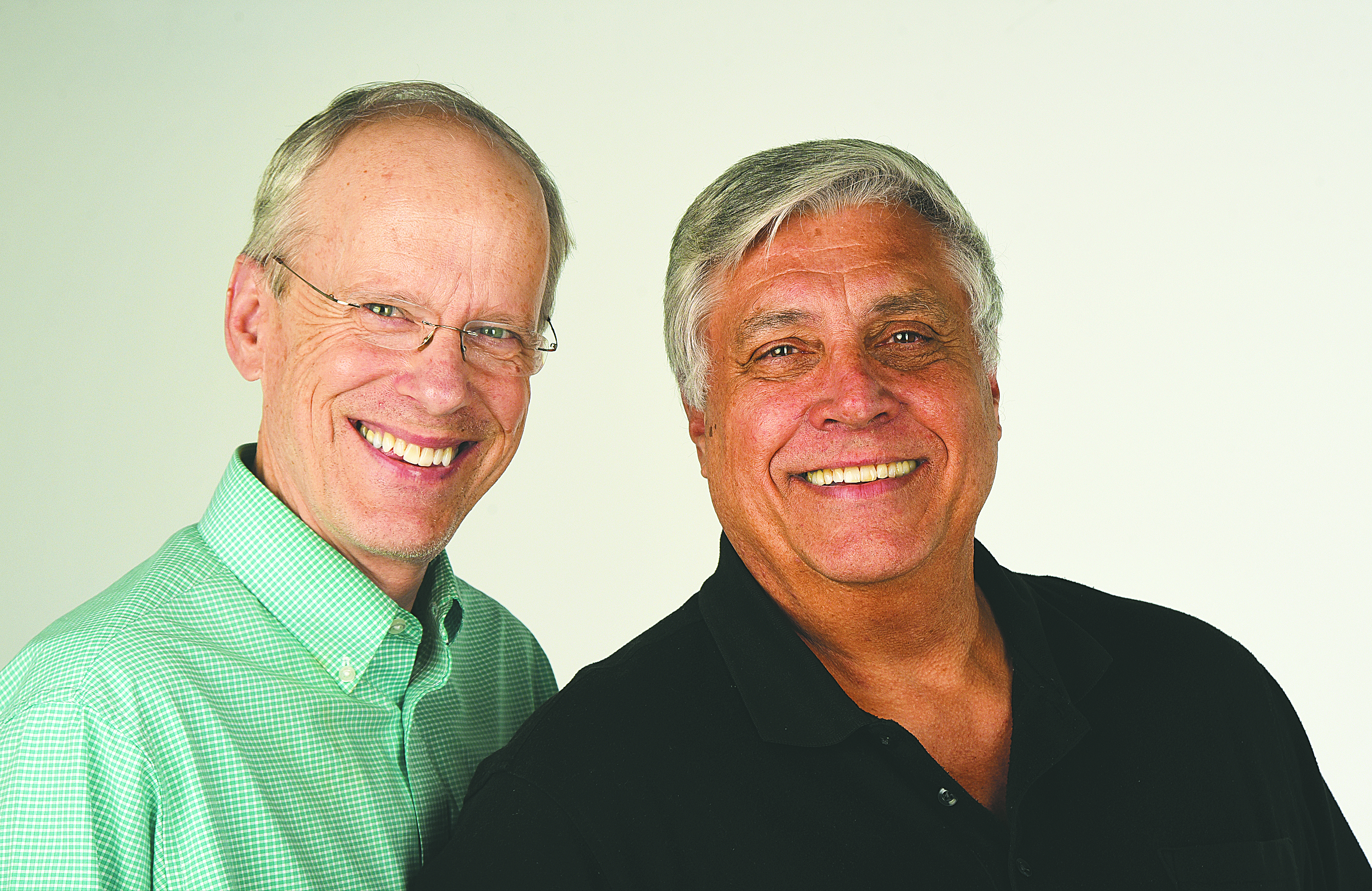In the 1813 novel by Jane Austen, "Pride and Prejudice," Elizabeth Bennet and Fitzwilliam Darcy overcome their own shortcomings to come together. We wanted to take a closer look at our very human tendency to let our pride misdirect us and our prejudice blind us.
Two recent events - turmoil in the political world and severe flooding in Texas - have caused us to reflect on how we treat others and what that says about the values we hold and teach our children.
Our chameleon selves
Recently there has been a lot of hostility and finger-pointing in the news. It seems that every time we tune in, we hear another negative comment or insult. Events in Charlottesville, Va., have exposed raw hate and bigotry. Our pride keeps us from admitting mistakes in judgment. Our prejudices are often thinly veiled; yet many of us reveal them by what we say or do.
We were jarred by the floods in Houston. We witnessed many stories of human compassion and kindness, people risking their own safety to rescue both neighbors and complete strangers. This juxtaposition - hostility in Charlottesville and genuine caring in Houston - caused us to think about the values we want to teach our children.
The real us
We want to think that the examples of brotherhood and sisterhood we've seen in the Houston area are the real America - people reaching out to each other regardless of race, status or religion. A foregoing of pride - a release of prejudice. It's what we hear in the great religions: Love one another. Too often we do not conduct ourselves by that precept.
Concern for social connections, status and reputation in Jane Austen's novel created impediments to the true love of Elizabeth and Darcy. But once they were able to recognize the obstructions, they rose above their pride and prejudice to value each other and see the beautiful person inside.
The other us
So often we make judgments about people we hardly know. Princeton psychologists Janine Willis and Alexander Todorov have shown that it takes a tenth of a second to form an impression of a stranger from his face. We tend to make those same snap judgments of others based on race, religion, job, residence or possessions. We can choose to ignore the mistreatment of others by believing they are different from us. But by making that choice, it is our own humanity that is diminished.
The totality of us
How do we teach our children to respect others? How do we learn to treat others not as "others" but as ourselves? As in "Pride and Prejudice," we need to examine our own shortcomings and be sensitive to others who don't look, believe or live like us. We need to talk about this with our children, again and again and again. By doing this, we will open their mind to the totality of humanity - not just our small corner of it. We will plant a value that could change lives.
Tom Tozer and Bill Black are authors of "Dads2Dads: Tools for Raising Teenagers." Like them on Facebook and follow them on Twitter at Dads2Dadsllc. Contact them at tomandbill@Dads2Dadsllc.com.

